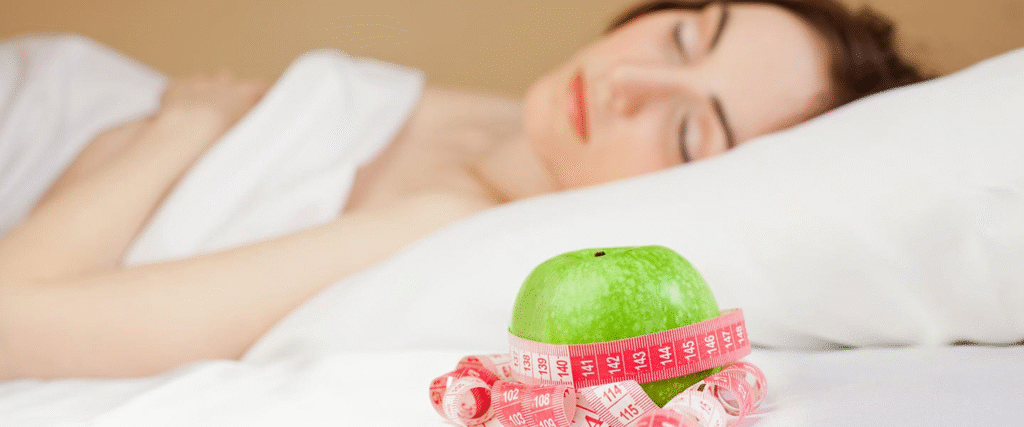In the United States, life often feels like a constant race. Work deadlines, commutes, family responsibilities, social commitments it’s nonstop. And in that rush, health too often gets pushed to the background. Fast food becomes dinner, sleep gets cut short, and stress piles up quietly.
But here’s the truth: real wellness isn’t built on one habit. It’s the balance of physical activity, a healthy diet, quality sleep, and stress management through practices like meditation and yoga that creates long-term health. And in today’s fast-paced American lifestyle, that balance is more important than ever.
Move More: Why Physical Activity Is Essential
Americans spend a lot of time sitting at desks, in cars, or in front of screens. The CDC reports that only 1 in 4 U.S. adults meets the recommended exercise guidelines. That lack of movement takes a toll, increasing risks of heart disease, obesity, and type 2 diabetes.
But exercise doesn’t have to mean hours in the gym. A brisk 30-minute walk, cycling with family, weekend hikes, or even dancing in your living room counts. Small, consistent activity boosts energy, strengthens the heart, and even improves sleep quality.
The goal isn’t perfection. It’s progress moving more today than you did yesterday.
Eat Better: Building a Balanced American Diet
The U.S. is known for its fast food culture, but heavily processed diets packed with sugar and salt contribute to rising chronic health conditions. The good news? Eating better doesn’t have to mean giving up everything you love.
Aim for colorful plates:
Lean proteins like fish, chicken, or plant-based options.
Whole grains such as quinoa, brown rice, or oats.
A variety of fruits and vegetables for vitamins, minerals, and fiber.
Lots of water to stay hydrated.
One practical tip is the 80/20 rule: eat whole, nutrient-rich foods 80% of the time, and enjoy your comfort foods guilt-free the other 20%. It’s about balance, not restriction which makes healthy eating more realistic in the long run.
Sleep: The Most Underrated Health Habit

In American culture, sleep is often sacrificed. Late-night work, endless scrolling, or simply trying to fit more into the day leads to exhaustion. Nearly 1 in 3 U.S. adults doesn’t get enough sleep, and the impact is huge.
Sleep isn’t just “rest.” It’s when the body repairs muscles, balances hormones, and resets the brain. Without 7–9 hours of quality sleep, energy dips, focus suffers, and long-term health risks climb.
Try setting a consistent bedtime, limiting screen use an hour before bed, and creating a calm, dark space for sleep. Think of it as training your body the way you’d train in the gym but for rest.
Relaxation: Managing Stress with Mindfulness
Stress is practically woven into the American lifestyle. But unmanaged stress leads to burnout, poor sleep, and health issues. That’s where relaxation techniques like meditation, yoga, and deep breathing come in.
Meditation: Just 10 minutes a day can improve focus, reduce anxiety, and calm the mind.
Yoga: Blends physical movement with mindfulness, easing tension in both body and mind.
Breathing exercises: Slow, deep breathing helps lower stress and can even prepare the body for better sleep.
These aren’t just wellness trends they’re proven methods to balance mental and physical health
Finding Balance in the American Lifestyle
A healthier lifestyle in the USA isn’t about chasing perfection. It’s about weaving together daily habits that support body and mind.
Walk after dinner instead of watching TV.
Choose water over soda.
Set a bedtime alarm.
Try five minutes of yoga or meditation before starting your day.
Small steps build momentum. Momentum builds habits. And habits create lasting change.
In a world where Americans are busier than ever, true health means slowing down and focusing on what matters: moving more, eating smarter, sleeping better, and managing stress.
This balanced approach doesn’t just improve physical health it boosts energy, sharpens focus, and makes everyday life more enjoyable. And the best part? You don’t need a dramatic overhaul. Just consistent, simple choices that put your health first.
Because in the end, health isn’t just about living longer. It’s about living better.




